Munich: The Edge of War: The redemption of Neville Chamberlain and the ridiculed Munich Agreement
The fictionalised retelling, based on the novel Munich by Robert Harris, of one of the most crucial junctures that reshaped modern history. It also tells the story of then British Prime Minister Neville Chamberlain from a different perspective, one that puts Chamberlain in a better light.
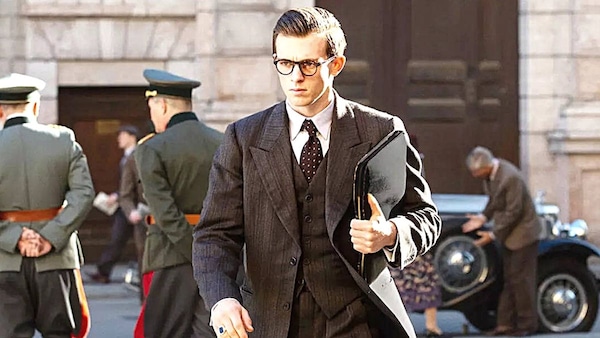
Last Updated: 11.32 PM, Jan 27, 2022
Story:
Set in the backdrop of the Munich Agreement in September 1938 in the midst of fears of another Great War, Hugh Legat (George MacKay), a British diplomat, is contacted by the MI6 to get in contact with his old friend from Oxford - Paul von Hartman (Jannis Niewöhner), a German diplomat, as part of the secret revolt against Hitler. While in Munich on the day of signing the fateful agreement, Legat is tasked with making contact with his old friend to gather intel from him
Review:
Stories about World War II and espionage have been told and retold on several platforms and media over the decades. Quite simply because it was the era of change that birthed the modern world. Similar to several espionage thrillers set in the late 30s and early 40s, the plot is plush with the aesthetics to match it. German director Christian Schwochow has done an immaculate job at bringing this era back to life, ranging from deft change to accents, and to the very accurate costume design, including Neville Chamberlain’s wing collar and tie combination.
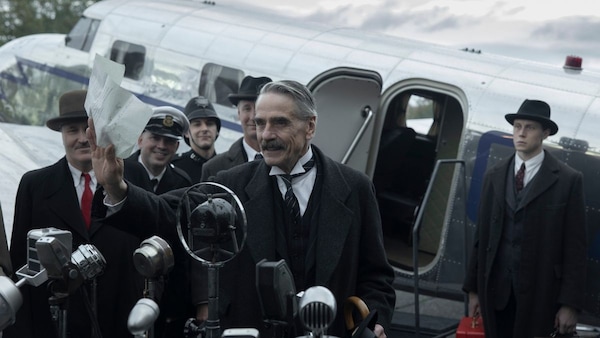
The cinematography eases the audience into a sense of comfort with artistic frames and soothing tones. But all the fine clothing, picturesque landscape, and posh accents, Schwochow has woven a sense of impending doom. Even though the outcome of the film is a well recorded and documented aspect of history, the narrative and screenplay keep the audience guessing; largely thanks to the great performances by the cast. It is interesting to note that the primary cast have all previously worked in period dramas centred around the World Wars. The most notable being George MacKay in Sam Mendes’s Academy Award-winning film 1917, Ulrich Matthes (Adolf Hitler) played Hitler’s right-hand man Joseph Goebbels in the German film Der Untergang, and of course, August Diehl plays a high ranking SS officer, just like his memorable performance in Quentin Tarantino’s Inglourious Basterds.
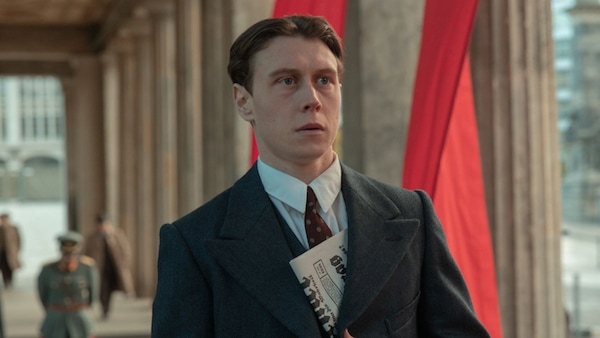
Despite falling into the category of a spy thriller, the film takes a slightly different route in how it has approached this fictionalised version of true events. There is also considerable emphasis on Jeremy Irons’ portrayal of the much-maligned image of Neville Chamberlain who appears as a more empathetic character. The annals of history have portrayed Chamberlain as the ‘fool’ who fell for Hitler’s duplicitous Munich Agreement. British history has been kinder to his successor Winston Churchill for having guided Great Britain to victory in World War II, even though Churchill is accused of having the proverbial ‘skeletons in his closet’. Chamberlain is portrayed in the film as a kinder man who is willing to sacrifice his own legacy for the greater good by doing everything in his power to prevent another war in Europe, or at least delay the inevitable so that the Allied Forces could rally to make a stand against the Nazis.
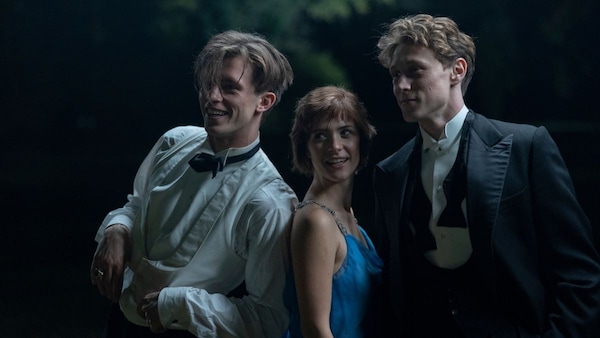
The film also delves into contemporary politics with ideas of nationalism, and how sowing seeds of the communal divide can drive an entire population into dehumanising a community. This phenomenon in society and politics continues to be seen in various parts of the globe, with the only difference being that people have started equating nationalism to patriotism. Such themes are explored through Jannis Niewöhner’s character Paul von Hartman, who was once an ardent follower of Hitler until a personal tragedy made him realise the vile atrocities Hitler and his Nazis are capable of. And history would tell us, the Nazi regime killed nearly 17 million people between 1933 to 1945 - one of the most brutal regimes in human history, with Joseph Stalin of the Soviet Union guilty of a higher death toll with nearly 20 million killed.
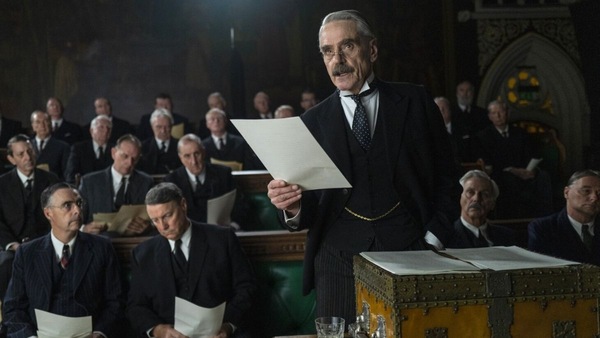
Verdict:
Despite the fact that the film’s ending was never going to offer much suspense or intrigue, the screenplay and the tense buildups to the final scenes would have one second-guess whether the filmmakers would offer an alternate reality ending like Inglourious Basterds. It is in essence a nuanced revisit of what might have been, an intimate account, albeit fictional, of what may have happened in the fateful evening of the Munich Agreement.
WHERE
TO WATCH
Subscribe to our newsletter for top content, delivered fast.

